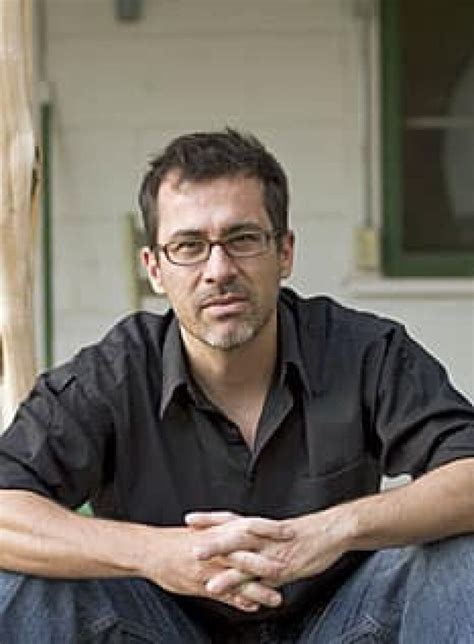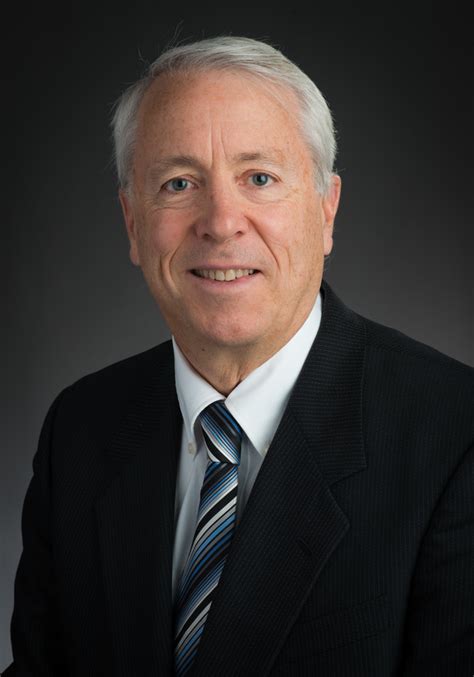A Quote by Wendy Kopp
Dartmouth is such a special college with its rich history, dedicated student body, and, as I've been learning more recently, colorful customs.
Related Quotes
I came to America at the age of 17 as an exchange student, and a year later, I was a student at Dartmouth. I would say that the rather weak foundation of my Christianity was effectively battered at Dartmouth. I've had mostly a secular career. But I became intellectually interested in Christianity again in my mid-30s.
The globalized environment where speaking a lot of languages is rewarded and getting access to learning materials is easier. A talent for massive language learning has not been supported by the environment until very recently, so this is a phenomenon that is going to become more common and more visible.
From the standpoint of education, genius means essentially 'giving birth to the joy in learning.' I'd like to suggest that this is the central task of all educators. It is the genius of the student that is the driving force behind all learning. Before educators take on any of the other important issues in learning, they must first have a thorough understanding of what lies at the core of each student's intrinsic motivation to learn, and that motivation originates in each student's genius.
Never compare one student's test score to another's. Always measure a child's progress against her past performance. There will always be a better reader, mathematician, or baseball player. Our goal is to help each student become as special as she can be as an individual--not to be more special than the kid sitting next to her.
I recently went to my staircase at Clare College, Cambridge and there were women there! There have been a lot of convincing studies recently about the loss of productivity in the Western male. It may be that entertainment culture now is so engaging that it keeps people satisfied. We didn't have that. Science was much more fun than listening to the radio. When you are 16 or 17 and in that inherently semi-lonely period when you are deciding whether to be an intellectual, many now don't bother.
The history of work has been, in part, the history of the worker's body. Production depended on what the body could accomplish with strength and skill. Techniques that improve output have been driven by a general desire to decrease the pain of labor as well as by employers' intentions to escape dependency upon that knowledge which only the sentient laboring body could provide.




































